Year 7
My Places

Pupils explore the world around them from the local scale of their own surroundings, to a town scale of Ripley, a continental scale of Europe and the role of super power countries.
Read MoreMap Skills

Skills in geography underpin work from ks3 to ks5. Pupils skills in compass points, symbols, 4/6 grid references, scale and contour lines practiced.
Read MoreDevelopment

Pupils discover how development is measured. They will explore why inequalities exist in the world. They will look at low income countries and lives in the shanty towns. Students will also experience how trade influences wealth
Read MoreHazards
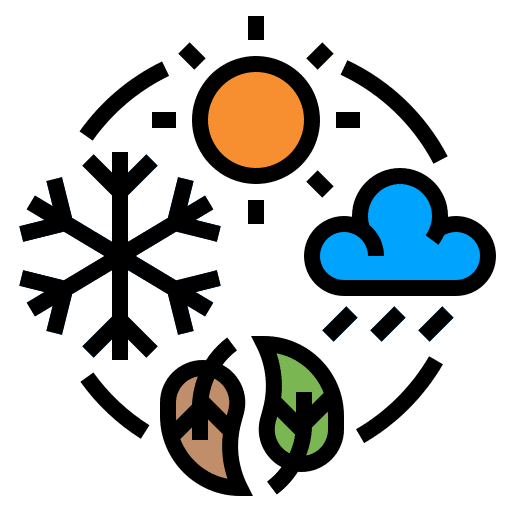
Pupil’s explore the causes, different types of plate boundaries and impacts of the tectonic hazard of earthquakes. They then discover how one of the largest hazards the world experienced (Boxing Day Tsunami of 2004) was triggered by tectonic events.
Read MoreEnvironmental Issues
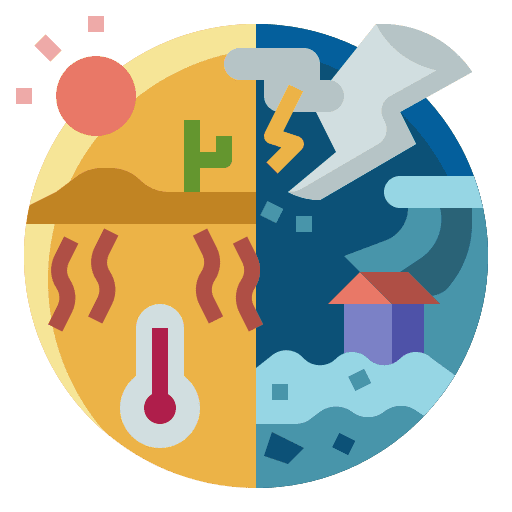
Human behaviour impacts the environment. Pupils discover how plastic waste impacts the world. How animal species are becoming endangered due to their habitats being destroyed. Conservation is considered as a way of protecting the environment.
Read MoreFantastic Places

There are so many exciting and unique places to discover on earth. Some places are classed as ‘Wonders of the World’. Pupils get a taster of a few distinctive places such as Easter Island, the Sahara Desert, North Pole and Hampi in India.
Read MoreYear 8
Tropical Rainforests
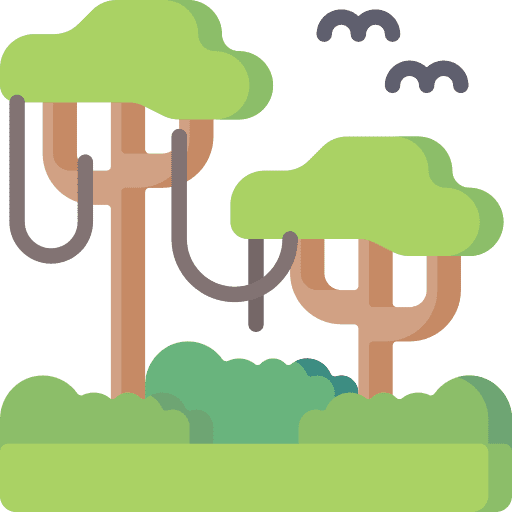
Pupil’s find out about the rainforest habitats, where they are located and the unique biodiversity they bring. How animals and plants have adapted to survive the climate. The study about the threats to the environments and potential ways to protect this fragile environment.
Read MoreGlobalisation
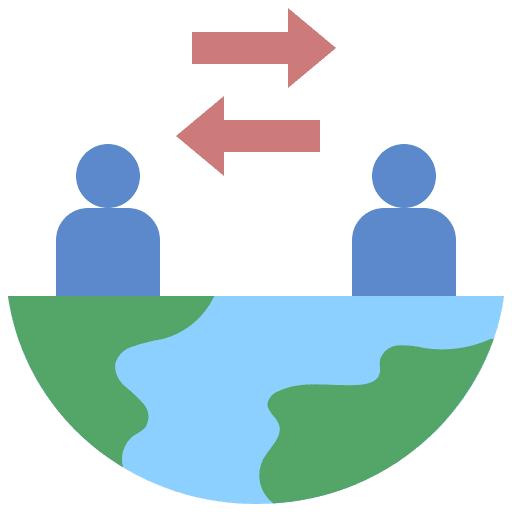
We live in a globalised world. Pupils consider how the interconnection of the world impacts them and others across the globe. Global companies are considered, the role of
Read MoreWeather & Tornadoes

Pupils learn about weather conditions and how they can be measured. They consider how anticyclones and depressions trigger certain weather. Extreme weather events of tornadoes are then studied and the location, causes and impacts of this hazard outlined.
Read MoreNational Parks
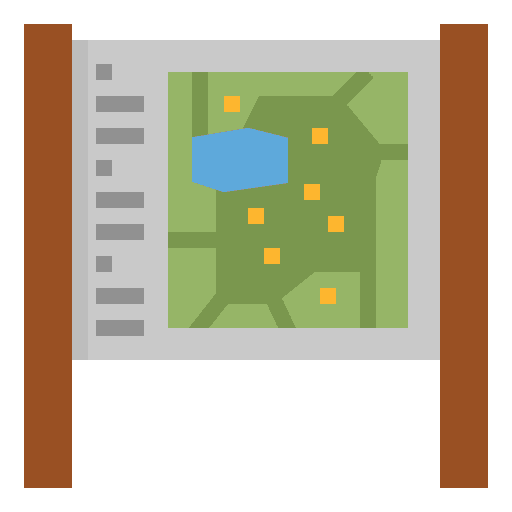
National Parks are important areas preserved for their environments and to give people the opportunity to visit them. Pupils consider the criteria for the parks, how they are managed and any potential conflict that can occur in such areas.
Read MoreRivers

Pupils study the hydrological cycle and drainage basin that play a vital role in the formation of rivers. Without water humans would not exist. In lessons it is considered how river landforms like waterfalls are formed. Pupils consider how river floods impact people and how they can be managed.
Read MoreUK Geography

The UK is our local geography. It is full of diverse physical landscapes and had unique cities /settlements created by humans. Pupils consider the population of the UK and some of the striking coastal Geography we have.
Read MoreChina

China has one of the world’s largest economies. Student’s discover about the Geography of China. Including issues with over- population, how it is the ‘workshop’ of the world plus censorship and development issues this vast country faces.
Read MoreYear 9
Cold Environments

Cold environments are at the focus of attention with the increasing levels of global warming. These areas also help regulate the world’s temperatures too. Pupils discover how animals, plants and people survive in such areas. They explore the ways in which areas are being developed and how places like the Arctic need protection from exploitation for resources.
Read MoreGeography of Crime

Crime is about in many forms. Geography can have a definitive role to play in different types of crime. The locations of crime, the development of settlements to design out crime in communities and how certain environments harbour crime. Pupils also use GIS to analyse crime statistics.
Read MoreClimate Change
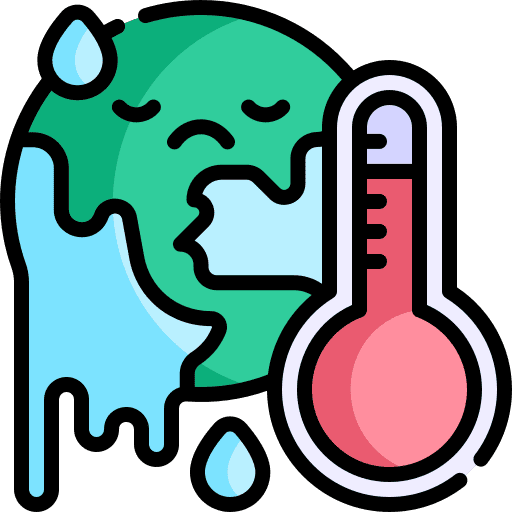
Climate change is a current issue in the world. Students will study the natural and human causes of this. They will also consider the effects of it and consider ways in which this phenomena could potentially be managed to reduce the impacts.
Read MoreLiving World

There are many ecosystems in the world and pupils consider world (biomes) ones. They will consider the make-up of ecosystems, food web/chains and biomass. They will consider factors that could potentially change ecosystems. Students then focus on the desert biome and desertification and the issues surrounding this. Particular emphasis on the Thar Desert.
Read MoreYear 10
Living World - Tropical Rainforests
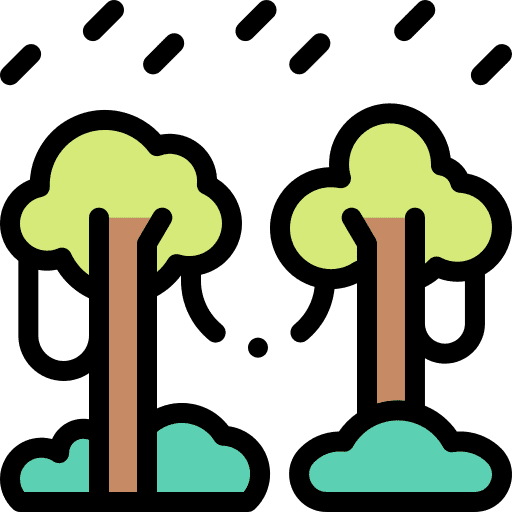
In this section of The Living World we consider the World’s distribution of rainforests and the conditions required for their formation. We also look at plant and animal adaptations in this biome and how we can manage the rainforest sustainably through our example of the Malaysian rainforest.
Read MoreUK Physical Landscapes - Coasts
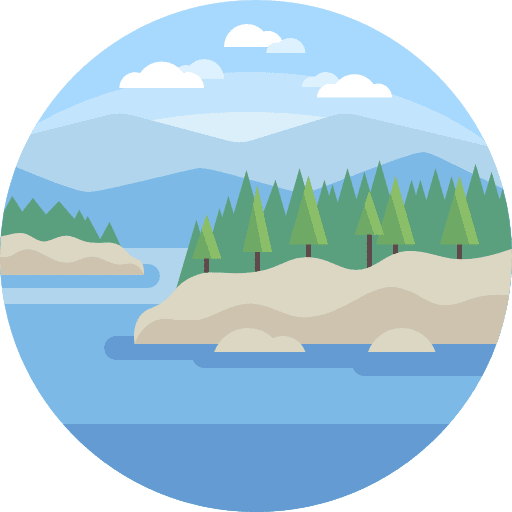
This content stems from The Physical Landscapes of the UK topic. Students will learn about key coastal processes such as erosion, transportation and deposition and how these shape the land. We also look at our example “The Holderness Coast” in the context of coastal management and consider whether hard or soft engineering strategies are better. Year 10 later visit the Holderness Coast in the Summer term on a fieldtrip.
Read MoreUK Physical Landscapes - Rivers
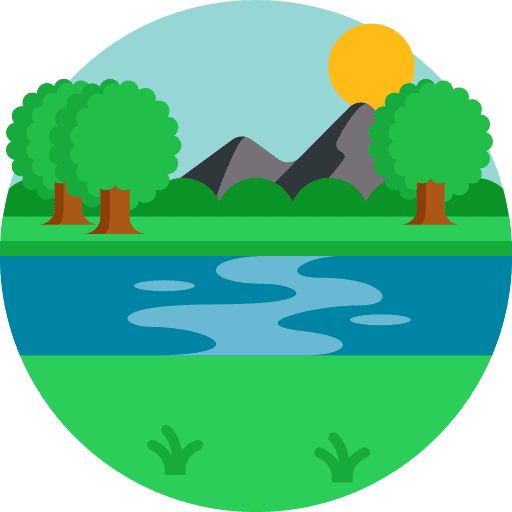
In this topic students will learn content on the key physical geographical features of the UK including rivers, mountains, lowlands and uplands. The topic then teaches students about the changes in rivers from the upper course to the lower course and the erosional and depositional features created between these. Finally, students will consider how floods can be managed by looking at the example of Banbury which is very susceptible to flooding.
Read MoreNatural Hazards - Tectonic & Atmospheric Hazards

This topic focuses on tectonic hazards, atmospheric hazards and climate change. Students will learn about the influence of plate boundary types on the shape of land and the creation of tectonic hazards such as volcanoes and earthquakes. They will also look at the formation of tropical storms and how climate change is affecting these. Furthermore, students will consider the effect of these hazards through the examples of the Chile 2010 earthquake, Nepal 2015 earthquake and Typhoon Haiyan in 2013. Following this, they will study extreme weather in the UK and consider the impact climate change is having on our weather through the example of the Somerset Levels Floods from 2014.
Read MoreThe Urban World - Urban Issues & Challengers

This topic marks the start of teaching pupils the content for Paper 2 (Human Geography). Students will begin by considering how and why cities have spread globally throughout the 20th and 21st century. They will then begin to consider the opportunities and challenges for people living in large cities in countries with rapidly growing economies through the example of Rio de Janeiro in Brazil. To contrast this with a high-income country, students will study the example of London and consider its opportunities and challenges. Finally, students will learn about sustainable cities and the importance of this with a growing global population. They will look at the example of Freiburg in Germany which has innovative strategies to prioritise sustainable living.
Read MoreThe Changing Economic World - Economic World: The Development Gap

In this topic students will gain an understanding of the spatial patterns of developed and developing countries globally and the causes of this. Additionally, this topic develops student’s data skills through regular practice of data analysis. The topic is taught split between year 10 and year 11 in order to accommodate for the teaching of fieldwork skills in preparation for the Summer Holderness coast trip.
Read MoreGeographical Applications & Skills

At the end of Year 10 students will pause their learning of the development gap to gain knowledge and understanding of geographical fieldwork. In this topic students will study the different fieldwork strands as required by AQA which takes them through the vital stages of fieldwork including developing a hypothesis and data analysis and conclusions. Students will be informed of the enquiry questions we will consider on our fieldtrip to The Holderness Coast, which links to our topic on coasts. Additionally, they will have the opportunity to practise using the fieldwork equipment prior to the trip.
Read MoreYear 11
The Changing Economic World - The Development Gap

• Key concepts of changing economic development taught in Year 10 such as life expectancy.
• The advantages and disadvantages of tourism studied in the Year 8 national parks topic.
The Changing Economic World - Changing UK Economy

• The four economic sectors (primary, secondary, tertiary and quaternary) are covered in the Year 8 globalisation topic.
• The impact of globalisation is covered in the Year 8 globalisation topic.
• The increase in industry during the 1800s is discussed in the climate change topic in Year 9.
Resource Management - Global Resources

• The importance of resources for a country’s development is discussed in the Year 7 development topic.
• The concept of food miles is taught in the Year 8 globalisation topic.
• Application of map skills from Year 7 map skills topic.
• The impact of water shortages is discussed in the hot deserts section of The Living World topic in Year 10.







